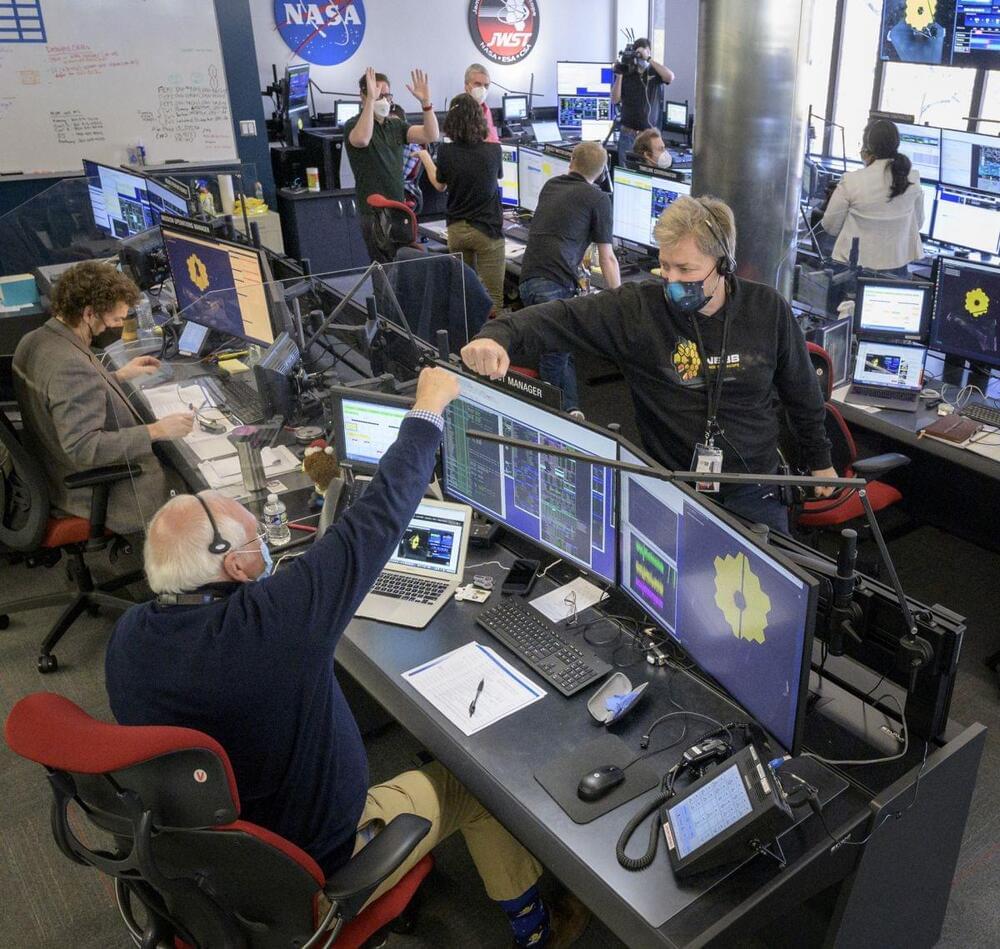The new foundation of the artificial intelligence (AI) economy is flexible, remote work. Thanks to advances in technology that enable remote work at an unimaginable scale, organizations developing AI can now collaborate with people from almost anywhere, including previously inaccessible areas. People across the globe can now contribute to building AI in meaningful ways, particularly through data preparation and annotation work. This has led to the emergence of a new and growing freelance category — focused on AI training data annotation and collection.
While many AI economy participants join searching for additional income, a good portion of data annotators join the AI economy because they are seeking challenging opportunities. Whatever their reason, contributors benefit positively from the new opportunities flexible work affords. Geography is no longer an impediment to skill development or participation in projects that they’re enthusiastic about.
Organizations building AI are embracing remote contracting arrangements in order to access the contributions of people around the world. These contributors may not necessarily live in technology hubs, nor have had the opportunity to participate in AI before the arrival of these remote options. In fact, professional options in their locale may be limited as a whole. Appen recently released their Impact Pulse survey of the crowd and found that 40% of contributors rely on the work from home model due to barriers of accessing traditional work. Thirty-two percent were living below the global poverty line before starting with Appen, and of those, 53% have been lifted above due to their work in the AI Economy.






